Track Attacks on Education (TRACE) Data Portal
The vision of the TRACE Data Portal is that students and communities are able to enjoy their right to safe, equitable, and quality education unhindered by conflict or insecurity. TRACE partners believe that timely data about attacks on education is a global public good.
Data about attacks on education should be user-friendly and publicly available for advocacy and accountability as well as response, planning, and prevention.
Yet, timely and verifiable data about attacks on education and the impact of conflict on learning are not widely accessible. When available, such data are often not shared in ways that support education stakeholders at the local, national, and global levels to protect the right to education in conflict. There is a need to strengthen connections and knowledge sharing between humanitarians, development actors, journalists, and researchers as well as affected communities and decision-makers in government and international agencies.
This is where the TRACE Data Portal comes in. TRACE aims to make reliable education and conflict-related data and analysis available to all—to protect the right to education, prevent further conflict, and to ensure that post-conflict communities can harness the power of education to build sustainable peace. In the process, TRACE plans to include conflict-affected communities in the data collection and dissemination process, and to equip them with the tools to continue the work. Indeed, the most powerful calls for justice and access to education come from affected communities.
Behind the Portal
The vision for developing a portal that allows data on attacks on education to be made publicly available took root in 2009, when a group of passionate individuals and organizations met at a conference at UNESCO in Paris to tackle the growing problem of attacks on education. That same year, EAA’s PEIC program (Protect Education In Insecurity and Conflict) was founded. One of its central pillars was a commitment to making available timely, accurate data and analysis on attacks on education as a cornerstone of protecting the right to learning for conflict-affected communities. In 2019, to mark PEIC’s 10-year anniversary, EAA originated and launched the idea of a data portal that would harness the power of humanitarian technology to collect, visualize, and analyze data on attacks on education as a global public good. Since then, EAA has been working in close partnership with Kobo to make this portal a reality, with the support of UNESCO and GCPEA as collaborating partners.
For its part, UNESCO is working with EAA, Kobo, and GCPEA to strengthen data on attacks on education and education in conflict with a focus on the development of technical resources, particularly related to data standards and quality assurance. As the UN custodian agency for Sustainable Development Goal 4 (quality education) monitoring and coordination, UNESCO provides advisory support in the development of the TRACE portal.
Next steps
To provide timely and reliable data, Kobo will collect and verify field-level incidents of attacks on education in 2024 and 2025, in collaboration with TRACE Data Portal partners. The data will be securely stored on a KoboToolbox server. TRACE partners will also continue providing data for visualization and analysis on the portal.
A custom version of KoboToolbox was developed to securely collect data on attacks on education for the TRACE Data Portal. Data collectors working in conflict-affected countries will use KoboToolbox to rapidly and reliably collect evidence in multiple languages using a smartphone app, even in places where no internet or power are available. KoboToolbox is award-winning software used by organizations in the humanitarian, development, human rights, and education sectors around the world to collect evidence in challenging environments.
Trained staff will then review and verify submitted data within a web application before the incidents are sent to the portal for storage and visualization. In this fashion, the cycle to collect, verify, analyze, and share new evidence will be as short as possible. At all stages, key ethical and safety concerns will be addressed. In particular, the confidentiality of the source of information, the security of informants and staff members, and neutrality will be ensured.






